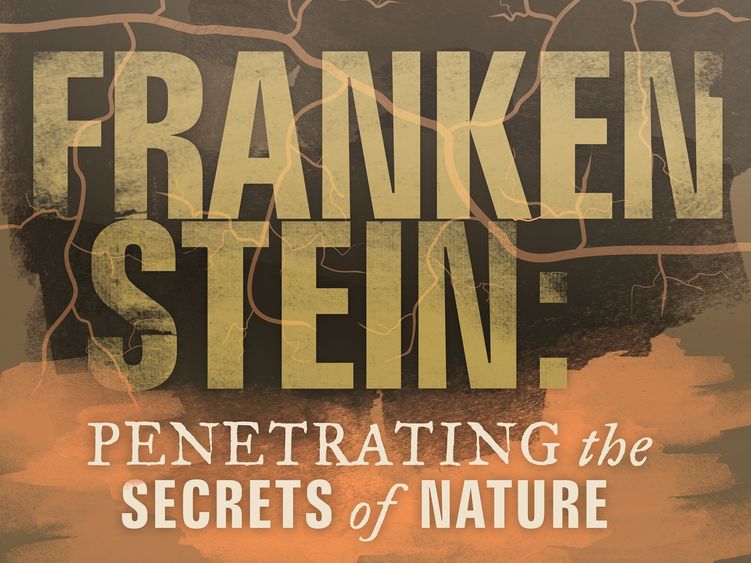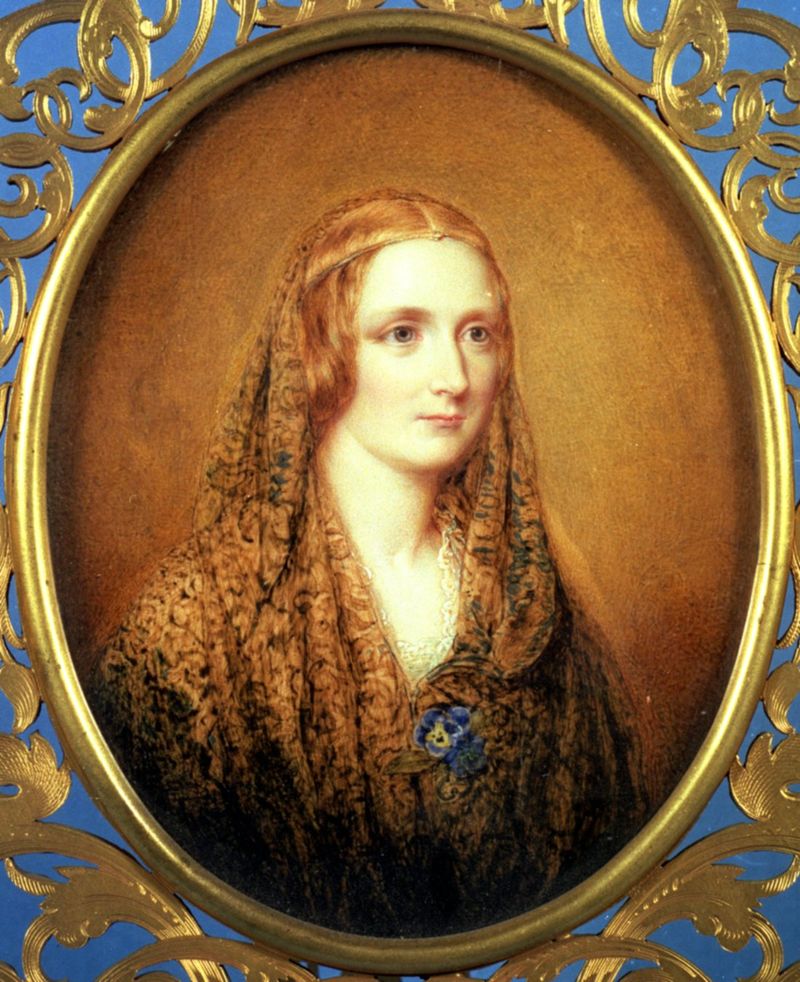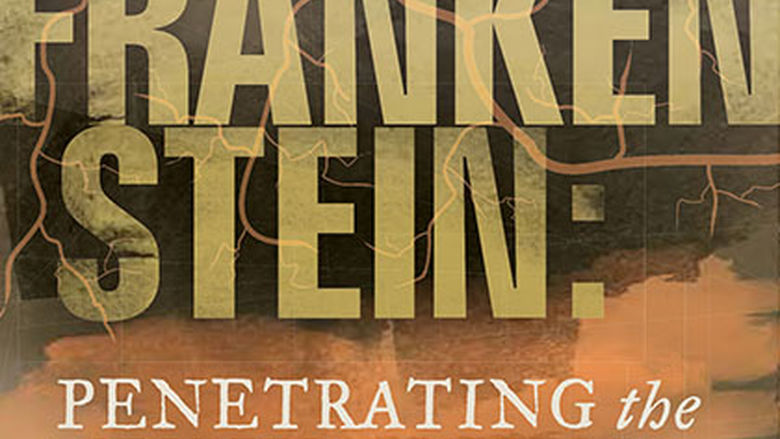
Everyone knows the story of Frankenstein. Or do they? One of the most enduring tales of the Western world — Mary Shelley’s Frankenstein; or, The Modern Prometheus — is the focus of a traveling exhibition that will begin a six-week visit at the Penn State Hazleton library on Monday, Oct. 24. The Frankenstein: Penetrating the Secrets of Nature exhibition is produced by the National Library of Medicine, National Institutes of Health.
“We are delighted to have been selected as a site for this exhibition,” said Head Librarian Valerie Lynn. “Frankenstein is truly a story for 21st century America. It is not simply a tale about an out-of-control scientist. It is a human-interest story of ambition, idealism, revenge and forgiveness. Frankenstein offers a vision of what happens when power is abused, knowledge is hidden, and members of a community do not take responsibility for one another.”
The tragic story of Victor Frankenstein and the living monster he creates in his laboratory has gripped our imaginations since its first publication in 1818. Mary Shelley was only 18 years old when she began writing Frankenstein. From an early age, Shelley came to know several literary figures of her time and great works of literature, history and mythology.
In the book, Shelly portrayed Frankenstein as an ambitious scientist who was obsessed with creating life. She depicted the creature as a sensitive, articulate, and lonely being who was denied companionship and rejected by humans. The creature lashes out in revenge only when he is betrayed and abandoned by Frankenstein, his maker. Over the decades, playwrights, filmmakers and the media have transformed Shelley’s sympathetic creature into a speechless monster who kills without remorse. "Frankenstein: Penetrating the Secrets of Nature" explores the lasting influence of the Frankenstein story on popular culture and as a metaphor for effects of unchecked power and self-serving ambition on the human community.
Books and videos regarding Frankenstein will be on display in the library for the duration of the exhibit, which runs through Dec. 3.
To coincide with the exhibit, Assistant Professor of Biology Carl Frankel will provide a lecture about our understanding of what life is. The lecture will be held from noon to 1 p.m. on Thursday, Oct. 27, from in the Library Highacres classroom (L12).

